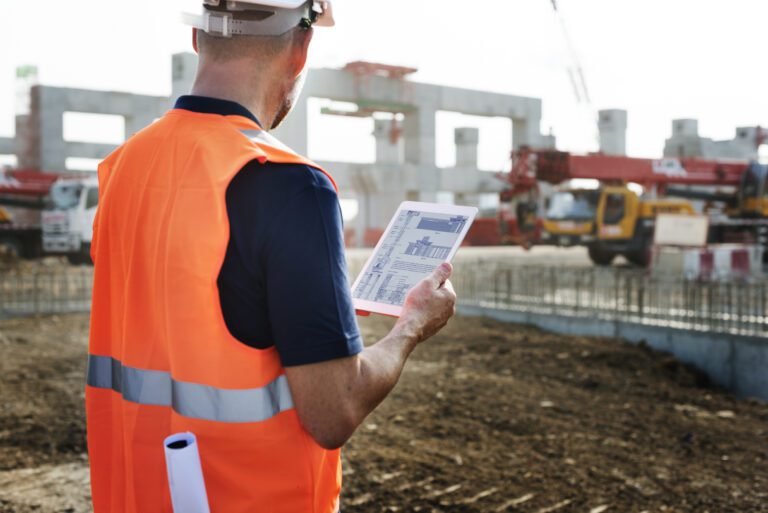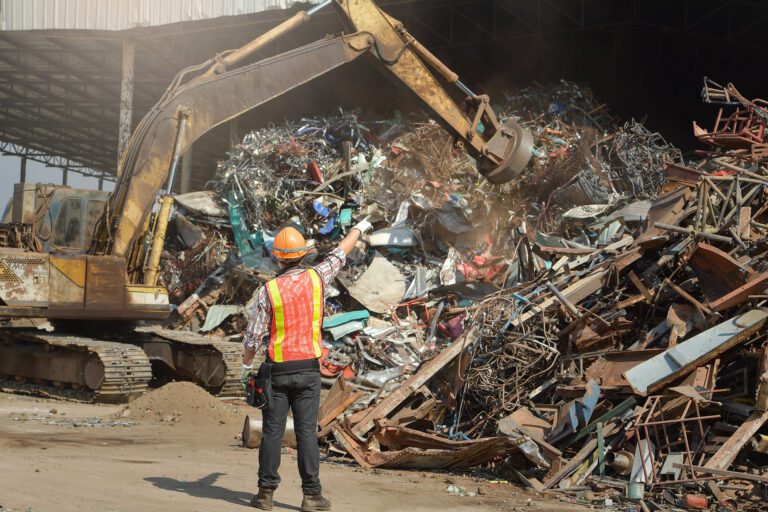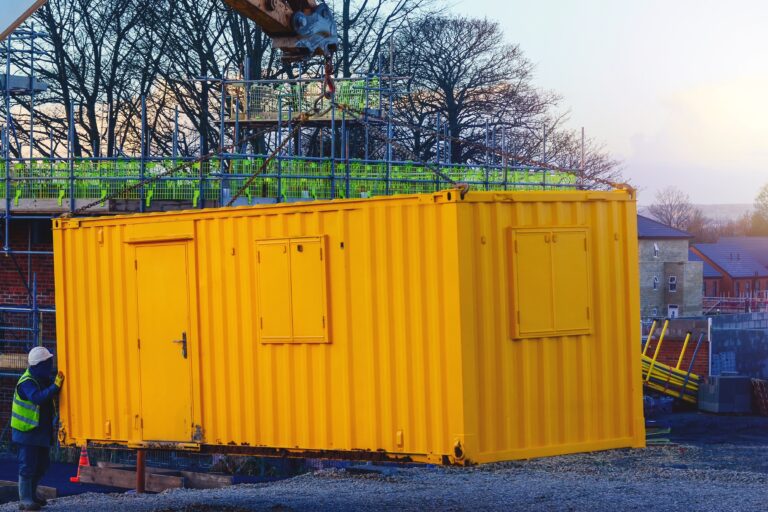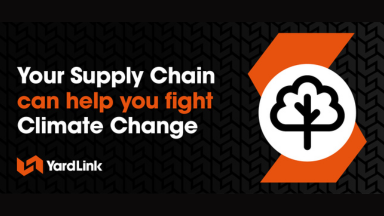31st May, 2022
How to Find Construction Suppliers That Get The Job Done
Learn what you need to find construction suppliers that get the job done. Ideal for project managers looking to help make a decision. Read on here!
Finding construction suppliers that know how to get the job done can be tough. Ask any project manager the same question and they’ll tell you the exact same thing.
You would think that technology has helped streamline this process, which it has in certain aspects, but it’s also made the choice of sourcing a decent supplier a lot more difficult.
Our aim in this post is to provide you with everything you need to find a supplier that you can rely on again and again, hopefully.
To do this, we’re going to look at the supplier selection process, a multi-stage method that many project managers use to decide on a quality supplier. Later, we’ll also look at some general supplier-based questions you need to be asking yourself before making a decision.
Let’s get going.
What is Supplier Selection?
Supplier selection helps project managers find construction suppliers that provide necessary goods and services. It’s a process that ensures suppliers are qualified, evaluating them on various aspects to determine the best fit for the project at hand.
“The main objective of the supplier selection process is to reduce purchase risk, maximize overall value to the purchaser, and develop closeness and long-term relationships between buyers and suppliers.” – Procedia Manufacturing Journal
The supplier selection process consists of multiple sections, each filtering through a range of suppliers before highlighting a clear-cut winner. Think of it as a sort of funnel, where each stage gets smaller and smaller as you decide who would work better and who wouldn’t.
The funnel looks a little something like this:
- Identification
- Qualification
- Evaluation & Selection

Identification: All Available Suppliers
During the first stage of the supplier selection process you need to identify as many relevant construction suppliers as possible. This might seem simple, but this can take time depending on the size and scale of the project.
Try to keep an open mind during this stage when sourcing potential suppliers. Sure, there are big name suppliers you should include, but there are always new options that could perform the task in the exact same way, if not cheaper.
There are various ways to find potential suppliers:
- Peer recommendations: Ask those in similar circles who they’ve worked with prior and who they think would work.
- Independent search: The internet is a bottomless pit for relevant information if you want to see which suppliers are out there.
- Industry directories: Trade publications and associations that publish supplier directories are a great place to look also.
- Procurement consultants: For specialty projects, it might be worth speaking with a RFP consultant who can find what you’re looking for.
Qualification: Select a Shortlist
Once you have a pool of construction suppliers to choose from, your next step will be to filter your list down.
The goal here is to be as clinical as possible, using your own project requirements, where they might be located in the world, and all kinds of additional factors as a sort of baseline. Ideally, you should want to end up with around 10 suppliers at the end of this stage in the supplier selection process.
Ask yourself the following questions when selecting a shortlist:
- Are they established or a lot newer compared to other suppliers?
- Does this supplier operate in the same country, or at a much wider level?
- What policies do they adhere to, and what kind of insurance options do they have?
- Have they worked on similar sized projects in the past?
Do keep in mind that these are but a few of the questions you can ask yourself when identifying a supplier shortlist. Whatever you do, be sure to create supplier profiles and keep them on file.
You can never be too sure when this might come in handy in future.
Evaluation: Choosing Your Supplier
The final stage of this supplier selection process can be difficult. Here you need to decide who your winner is, and who you’ll be working with moving forwards.
Reaching out to each supplier to ask them questions and discuss the project is key here as there is only so much you can learn from the outside looking in. Try to be as precise as possible with your line of questioning.
The more specific the better, to help you trim your final few down even more.
This decision isn’t something you have to go through alone either. Project managers should speak with stakeholders, and anyone else they think might help, to determine a winner.
Try to remember that you’re evaluating potential suppliers on the following factors:
- Value for Money
- Quality
- Reliability
- Flexibility
- Delivery
What questions you ask suppliers will give you a greater understanding of these factors and bring you closer to a winner.
Again, it’s important that you are as clinical as possible during this final stage, as choosing the wrong construction supplier at this stage could affect the entire project before it’s up and running.

General Construction Supplier Questions
Not every project manager will take advantage of the supplier selection process to find a supplier fit for the task at hand, and we get that.
Which is why we’ve put together a list of general questions you should be asking yourself when choosing a construction supplier. Finding the answers to all of these questions will help you find the right construction supplier, guaranteed.
Here are some of the questions to ask yourself when choosing a construction supplier:
- Are they easy to get in touch with?
- Do they have the right expertise?
- Do they offer insurance assistance?
- How do they treat employees?
- What do their customers say?
How to Choose Construction Suppliers That Get The Job Done
It goes without saying that finding the right suppliers is a huge priority in the construction industry.
That being said, not all project managers will have the time and energy to go through this process, in which case we hope our list of general questions gives you a better idea of what to ask.
Either way, YardLink is here to help. We help streamline this process by connecting businesses to an established network of suppliers, giving the end user total reassurance as they go about their regular duties.
To find out more, simply get in touch. You can contact us via email or over the phone if you prefer the direct approach.
YOU MIGHT ALSO BE INTERESTED IN















